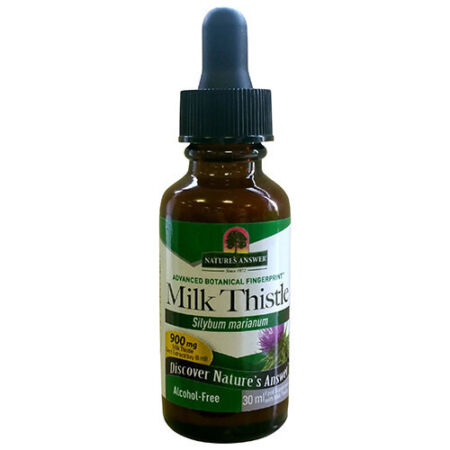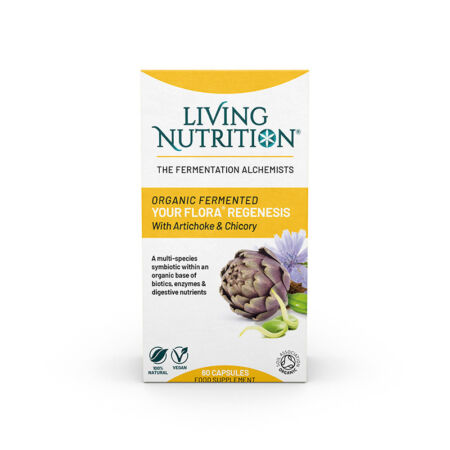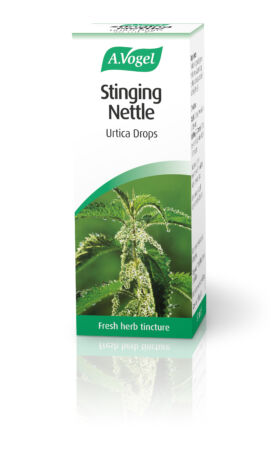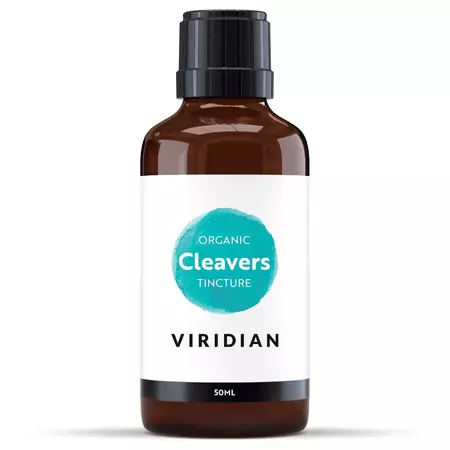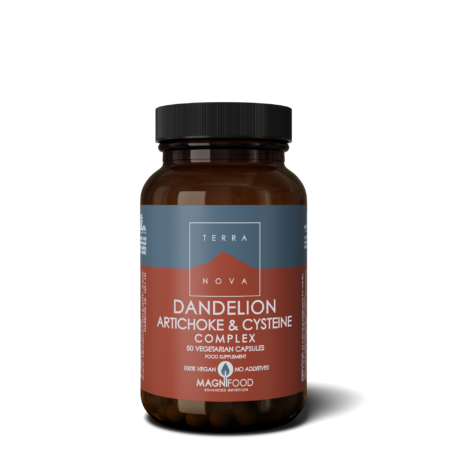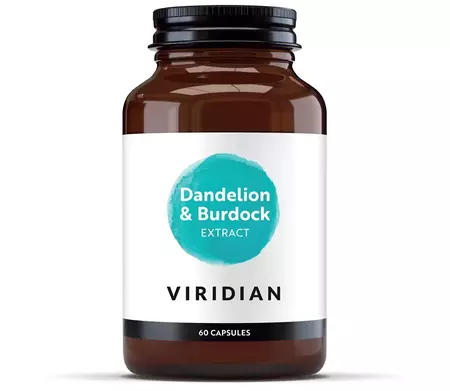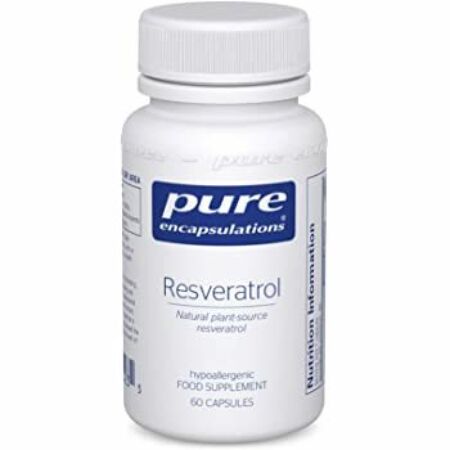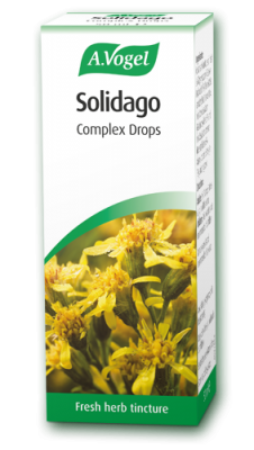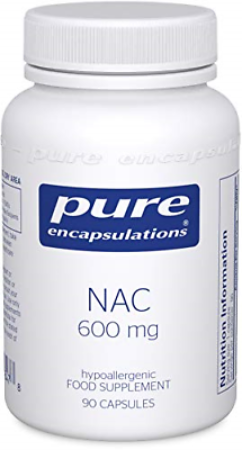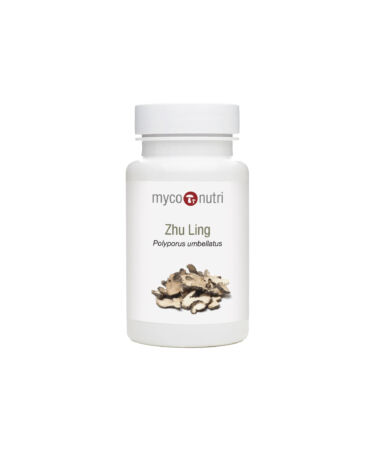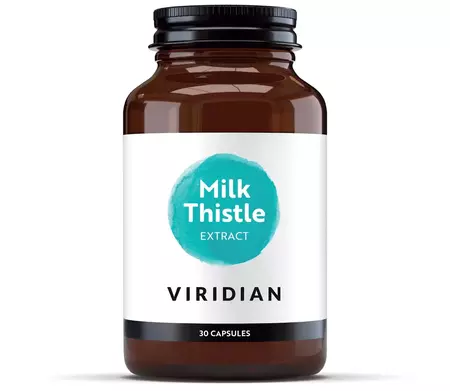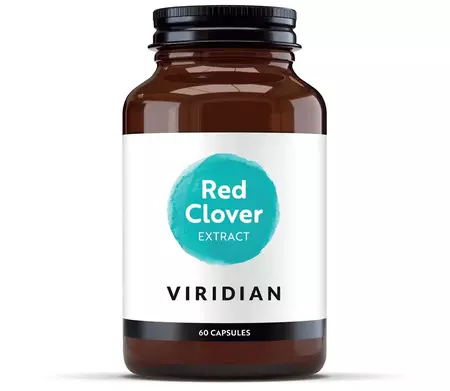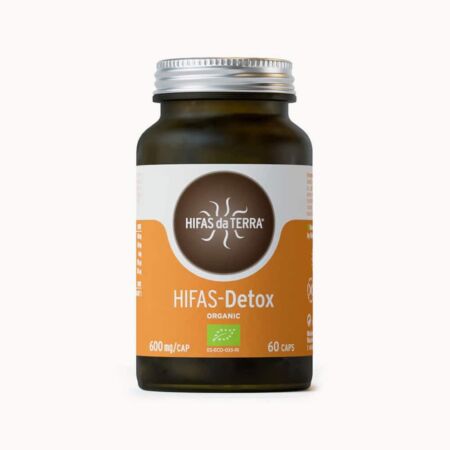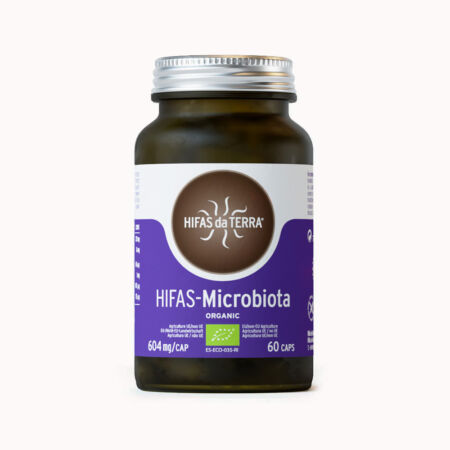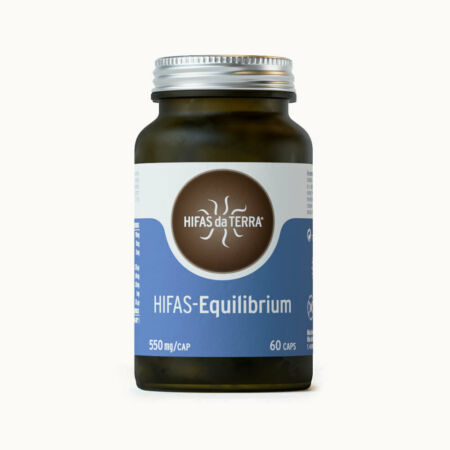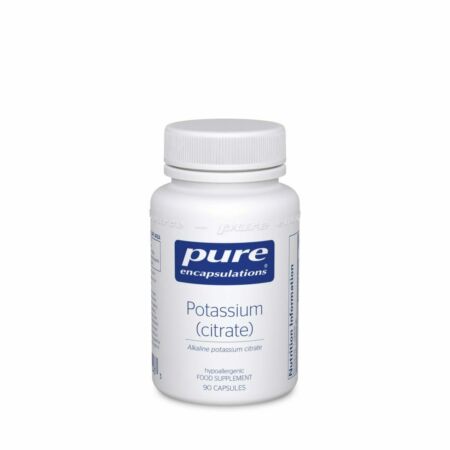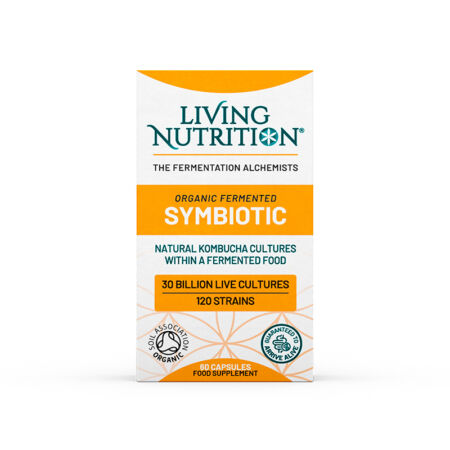The kidneys are key organs of detoxification. They are essential for getting rid of excess waste, balancing electrolytes and creating hormones. Certain foods, herbs, and supplements can help support strong kidneys.
What are the kidneys and what is their function?
The kidneys are two bean-shaped organs in the renal system. They are involved in the production of urine. It is important to look after the kidneys and many naturopathic traditions and aspects of nutritional therapy work to improve and maintain kidney health as a major part of our bodies’ detoxification.
The kidneys’ job is to remove waste, control electrolytes and balance fluid levels in the blood. Blood enters the kidneys through the renal arteries and leaves again through the renal veins. The kidneys are located on either side of your spine just below the ribs. The right kidney is generally smaller than the left kidney to make room for your liver, which sits beside it. The kidneys are surrounded by tough, fibrous renal tissue, and several layers of fat for protection.
What are kidney conditions?
Examples of kidney conditions include:
- chronic kidney disease
- kidney failure
- kidney stones
- glomerulonephritis
- acute nephritis
- polycystic kidney disease
- urinary tract infections
- caliectasis
- acidosis
- uremia
- hydronephrosis
- pyelonephritis
- kidney cysts
- nephrotic syndrome
- azotemia
Chronic kidney disease is a term used for any condition resulting in kidney damage and reduced kidney function over time. It may progress through five stages over time, and can eventually lead to stage five, known as end-stage renal disease, which is characterised by total kidney failure and requires dialysis treatment or a kidney transplant.
Kidney conditions can cause a range of symptoms. Some common ones include:
- trouble sleeping
- fatigue
- inability to concentrate
- dry, itchy skin
- increased or decreased urination
- blood in urine
- foamy urine
- puffiness around the eyes
- foot or ankle swelling
- reduced appetite
- muscle cramps
Who’s at risk for kidney diseases?
People most at risk for kidney disease include:
- Those sixty years of age and older
- Those who are obese, overweight or smokers
- Those with a family history of high blood pressure or cardiovascular disease
- People who have kidney damage
Kidney health tips
Avoid extra salt: In cooking, try to use aromatic herbs and spices to food to increase flavour, without adding too much salt. Salt contains sodium A high salt diet will alter this sodium balance, causing the kidneys to have reduced function and remove less water resulting in higher blood pressure.
Hydration: Drinking plenty of water helps the kidneys perform their functions in removing toxins and sodium Aim to drink around 1.5 to 2 litres of water per day, depending on your size, climate and physical activity level.
Know the risk factors: Ensure you regularly have your kidney function tested if you:
- have diabetes
- are obese
- have high blood pressure
- have a family history of kidney disease
Exercises: High blood pressure is a risk factor for chronic kidney disease. Regular exercise, even for just 20 minutes a day, can help reduce blood pressure.
Recommended supplements for good kidney health
Nettle:
Nettle is mildly diuretic and promotes kidney function. It’s also an easy herb to take as a tea on its own or with other herbs. Try red clover in addition to nettle for a gently cleansing effect.
Dandelion:
Dandelion leaves also promote good kidney function. Dandelion assists the kidneys in clearing out waste, salt and excess water by increasing urine production. This inhibits microbial growth in the urinary system and replaces some of the potassium lost in the process too.
Burdock:
Diuretics can help to stimulate the kidneys, allowing urine to be passed more frequently and in greater quantity - this helps to cleanse the kidneys and can water retention build-up. It is important to note that if you are dehydrated you should postpone consuming Burdock Root until you are fully hydrated.
Cleavers:
The diuretic action of Cleavers helps to flush out waste, toxins and excess fluid from the kidneys. When blood flow to the kidneys declines due to illness, they respond by retaining water, which is why diuretic herbs can be useful. Diuretic herbs help the kidneys release excess sodium into the urine and can prevent the build-up of other minerals that can cause kidney stones if left unchecked.
Probiotics:
Taking a probiotic offers support to your digestive system and can also ease the stress on the kidneys. Probiotics can improve the function of the intestinal barrier, reducing the level of toxins that escape into the blood (in a condition commonly referred to as leaky gut).
N-Acetylcysteine (NAC):
NAC is an amino acid that works as an antioxidant in the body. Dialysis patients taking NAC have shown improvement in oxidation levels and reduction of anaemia.
Milk Thistle:
The effects of Milk Thistle on the kidneys has been said to closely mirror the effects of the herb on the liver. Silymarin concentrates in kidney cells where it helps to repair and regenerate protein enzymes and DNA[i] [ii].
Resveratrol:
Resveratrol is a polyphenol found in grapes, and peanuts, it has potent antioxidant properties. Therefore, this natural supplement offers support for the kidneys if you are at risk for chronic kidney disease or taking many medications.
Zhu Ling (medicinal mushrooms):
Zhu Ling promotes fluid balance within the body, keeping sodium and potassium levels under control which in turn can reduce hypertension and prevent kidney disease. As a powerful diuretic, Zhu Ling removes excess water from parts of the body, thus alleviating pressure on the kidneys. It has also attracted scientific interest for its apparent effectiveness for kidney stones and nephritis (inflammation of the kidneys).
Kidney health and diet
Specific dietary patterns that may prevent and address kidney disease include the Mediterranean diet[iii] and the Dietary Approaches to Stop Hypertension (DASH) diet [iv]. One thing these diets have in common is that they both involve a low to moderate intake of protein, which may delay the progression of CKD [v]. Studies suggest that the best foods for kidney health include vegetables, fruit, legumes, whole grains, which are excellent sources of dietary fibre. Foods to avoid with chronic kidney disease include red meat, salt, and refined sugars.
Apples:
One study in the journal Biomedicine & Pharmacotherapy found that apple pectin increased activity in the kidneys [vi].
Blueberries:
Blueberries possess antioxidant and anti-inflammatory properties that can benefit kidney health [vii].
Cranberries:
You may be familiar with the use of cranberries in urinary tract infections, however, the perks these tart berries provide aren’t just limited to the bladder, they can also help prevent kidney infection due to a specific antioxidant compound. This compound may help to prevent bacteria from sticking to the lining of the bladder and the kidneys [viii].
Olive oil:
This popular oil is high in oleic acid, which may help reduce inflammation throughout the body—including the kidneys[ix].
Macadamia nuts:
Macadamia nuts are a delicious option for people with kidney problems. They are much lower in phosphorus than popular nuts like peanuts and almonds. They are also packed with healthy fats, B vitamins, magnesium, copper, iron, and manganese [x].
Top tip: Kick-start the liver and kidneys by starting the day by drinking the juice of 1 lemon and 1 lime squeezed into a glass of water. You could even add a pinch of cayenne pepper to further enhance the effects.
Our nutritional therapy team are experts in guiding people towards a diet to support kidney health. If you'd like to get in touch click here.



